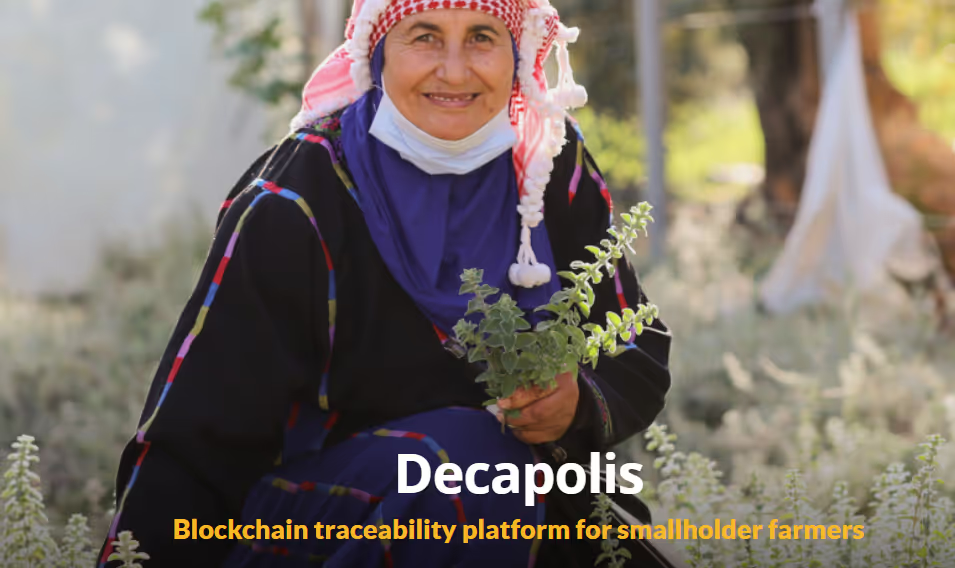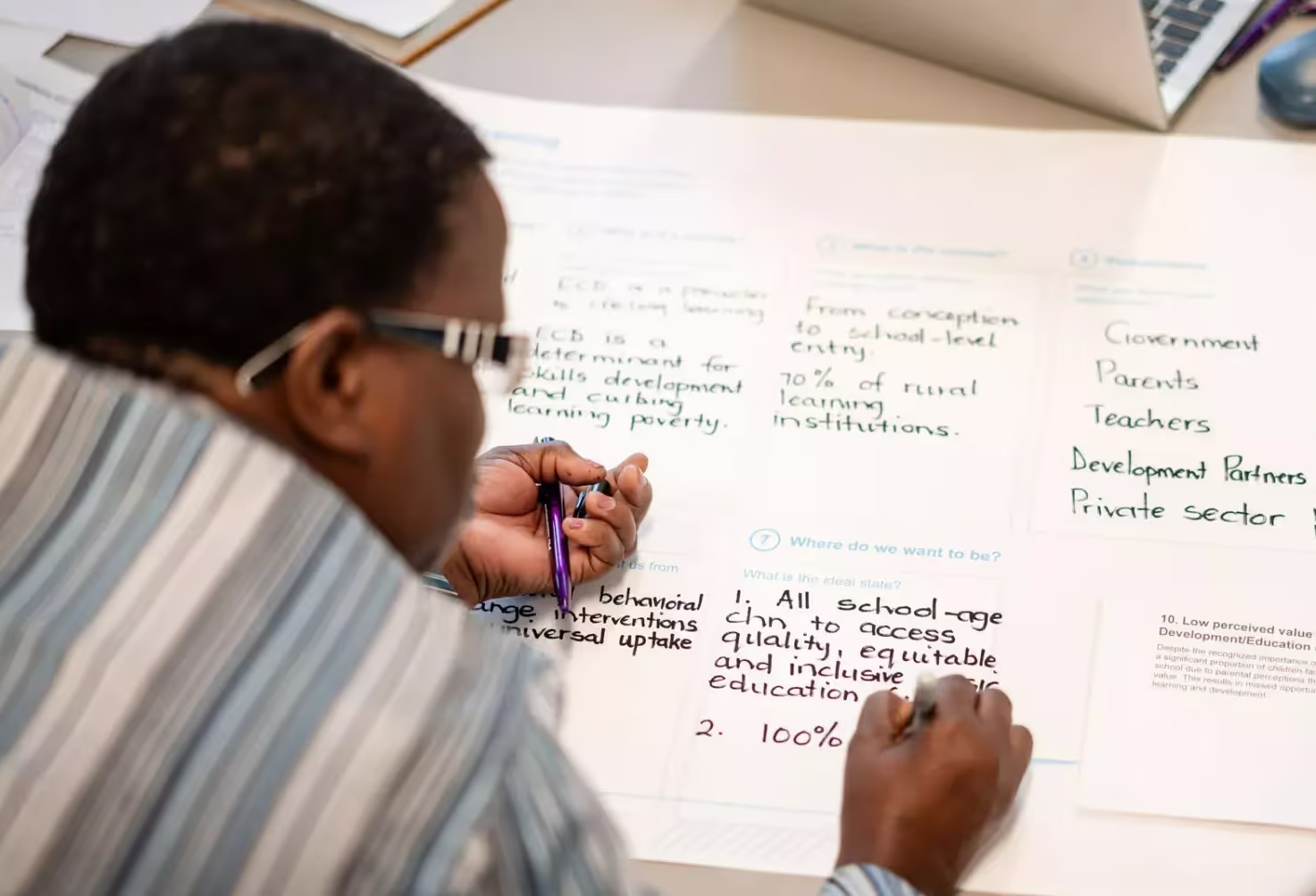Blockchain traceability platform for smallholder farmers

In November 2020, the WFP Jordan Innovation Hub launched a pilot with Decapolis; a blockchain-based platform that tracks the food product through the whole supply chain, from the farm to the retail shop. Blockchain technology builds a chain of digital records that cannot be broken or tampered with. This provides a highly trustable system for tracing food quality and safety. Decapolis trains Jordanian smallholder farmers in agricultural best practice for optimal crop quality production, including proper handling and usage of pesticides and other additives as well as techniques for avoiding bacterial contamination. Soil and water quality is ensured through laboratory testing at least twice during the crop cycle. Simultaneously, smallholder farmers use the Decapolis platform to register and prove their products' compliance with local and international food safety standards. Retailers can also access and purchase these certified premium crops through the same traceability platform.


.avif)

